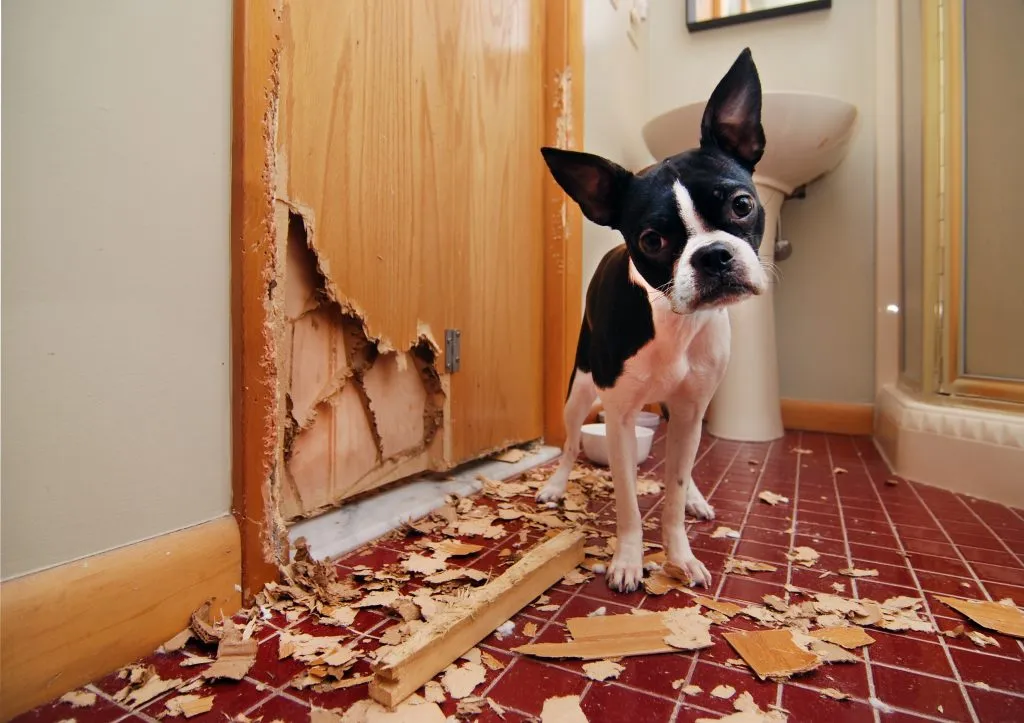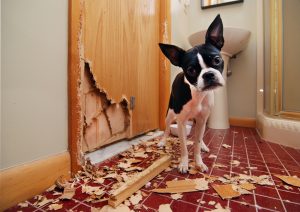Who Pays When It Breaks?

Zillow Rental Manager
November 27, 2017
2 min read
 You field a tenant’s frantic call — the heater quit working, the roof sprung a leak, the toilet clogged or the air conditioning is on the fritz.
You field a tenant’s frantic call — the heater quit working, the roof sprung a leak, the toilet clogged or the air conditioning is on the fritz.
It’s time for action, which raises the question: Who pays when it breaks?
Drawing a line in the liability sand
As the landlord, you’re responsible for handling major repairs and ensuring the building meets health and safety standards. The renter handles the day-to-day cleaning and upkeep.
While you should always consult lease agreements, local laws or a lawyer for specifics, the following will help you better understand who generally pays for what.
Air conditioner or heating
For major issues that impact habitability — such as air conditioning or heating — you generally must respond within 24 hours of fielding the complaint, then pay to fix it. If it’s not done in a timely manner, you might need to pay for temporary shelter.
Burglary damage
Typically, your casualty insurance covers damage to the unit caused by break-ins, and the tenants’ rental insurance covers their damaged or stolen personal belongings.
Carpet
If the resident Labrador retriever chews the carpet, or a cigarette burns a hole, the renter is liable. But aging flooring worn by normal wear and tear is your responsibility, so don’t ding tenants for it come move-out time.
Electrical system
Repairing and maintaining the electrical system is usually your responsibility.
Leaky faucet or plumbing
You’re typically responsible for the leaky pipe under the sink, so long as the issue isn’t tenant negligence. Still, check your lease agreement. Some landlords require tenants to report all problems, no matter how small, to catch problems early and avoid costly damage later — like moldy cabinetry. Some landlords prefer that tenants keep plumbing free and clear at their own expense.
Refrigerator and stove
If you supplied the appliances, it’s your duty to repair or replace them when they break or wear out. But if tenants crack a fridge shelf or ruin the oven by burning dinner, they’re responsible. On the other hand, some leases shift the burden to tenants entirely by including a clause that states appliances are for tenants’ use and aren’t part of the rent.
Roof leak
In a typical residential lease, you are responsible for the building’s structure.
Toilet troubles
Generally, if a sanitary pad or diaper clogs the toilet, the renter is liable. If an old toilet develops a structural issue, like a crack at its base caused by years of use, you’re liable.
How to avoid the blame game
As you can see, the lines of liability often blur depending on the scenario. But Joe Hernandez, a real estate attorney at Weiss Serota Helfman Cole & Bierman in Miami, says you can save a lot of headaches by ensuring your lease agreement contains clear language.
Aim to make these three key issues clear in your lease agreement:
- Establish responsibility for the repair and maintenance of the premises and its components.
- Require the tenant to use licensed and insured contractors to make any required repairs.
- Restrict the tenant’s ability to make any alterations to the premises — such as building new walls — without landlord consent.
Establishing these guidelines from the beginning will help prevent unwanted surprises, Hernandez says.
Tip: u003ca class='constellation-link' href='https://www.zillow.com/z/rental-manager/rental-lease-agreements/' data-test='_blank' rel='noopener noreferrer'>Zillow Rental Manager offers state-specific, customizable online lease agreements for free. This feature is currently available in select locations.
Related:
Connect with us!
Learn how Zillow Rentals can help you reach your goals.
Stay informed. Stay ahead.
Access exclusive industry insights, market trends, and expert tips. Subscribe now to receive quarterly Zillow Rentals newsletters!